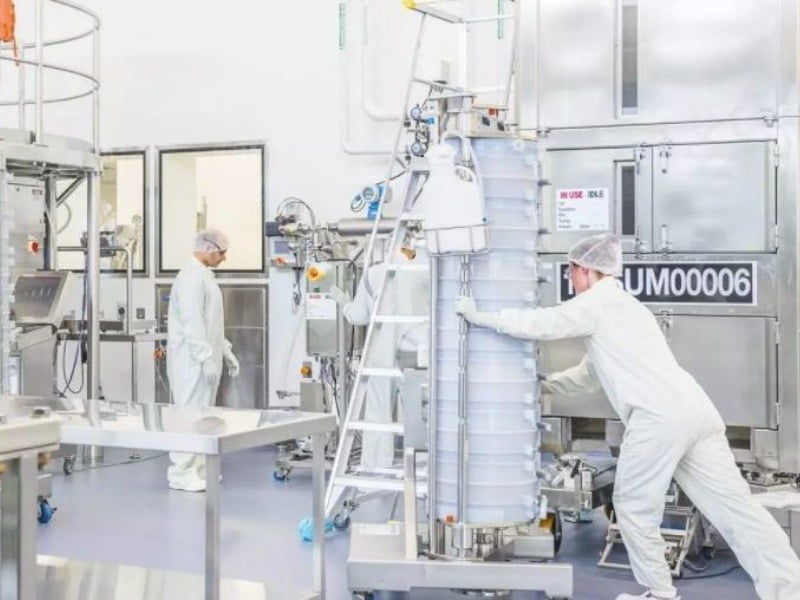The federal government has handed US consulting giant McKinsey a further $1.5 million to provide advice on mRNA vaccines, as the wait continues for a decision on who will deliver a local manufacturing capability.
McKinsey has now been paid about $5.7 million this year to produce a business case and advise on the ongoing approach to market for an end-to-end local mRNA vaccine manufacturing capability, with a winning bidder still yet to be announced by the government.

The industry department went to the market earlier this year for a full blueprint of end-to-end mRNA vaccine manufacturing facilities from private companies and consortiums after an undisclosed amount of funding was provided in the May budget.
There have now been three industry ministers responsible for overseeing the development of a local mRNA manufacturing capability since work kicked off on it late last year.
The federal government is also in ongoing discussions with Moderna for the global pharmaceutical giant to set up local facilities to produce its mRNA vaccines, including for COVID-19.
McKinsey has now landed a new contract with the industry department for “professional advice supporting government objectives to establish onshore mRNA vaccine manufacturing”, running from 30 August to 20 December and worth $1.452 million.
It’s on top of a $2.2 million contract covering the first three months of this year to produce a business case for mRNA vaccine manufacturing, and a $2.1 million deal to support the approach to market process.
The business case for mRNA vaccines has not been made public, and the approach to market process is still ongoing, with no decision made yet.
The Coalition now does not plan to have local mRNA vaccine manufacturing capabilities until at least 2023 after it lost hope that a local company would be able to license an existing mRNA vaccine and produce it in Australia.
This is what is currently happening with CSL and the AstraZeneca COVID-19 vaccine, but the federal government has said it is now unlikely that Moderna or Pfizer would agree to a similar deal.
Attention has now shifted to an entirely locally developed vaccine facility, with a number of state governments, biotech firms and startups having applied to the government’s approach to market, which received 12 responses in total.
“This type of timeframe is the consequence of both the complexity of establishing new mRNA facilities … it is also a necessary consequence of the fact that at present only two companies in the world own IP to an approved mRNA product and the likelihood of either of the existing approved IP owners licensing that IP to others to produce product, which is the basis of any shorter timeframes, is remote,” former industry minister Christian Porter said last month.
“That means that our thorough considerations involve continuing discussions with Moderna on establishing its own facility, as well as looking to companies or collaborations locally that are both developing their own, or have access to development IP and will be capable of completing all the steps in mRNA production.”
The federal opposition has accused the government of “kicking the can down the road” on the local manufacturing capability, after initially hoping to have facilities running by the end of this year.
“In October last year, then-industry minister Karen Andrews said we’d be making mRNA vaccines locally within 12 months. Nine months later in June, Christian Porter said a reasonable timeframe would be 12 to 18 months,” Labor’s shadow industry minister Ed Husic said last month.
“Now, almost a year on, they’ve moved the goalposts again, saying 2023. Millions of Australians are stuck in lockdown because of the Morrison government’s failures during this pandemic.”
Do you know more? Contact James Riley via Email.

